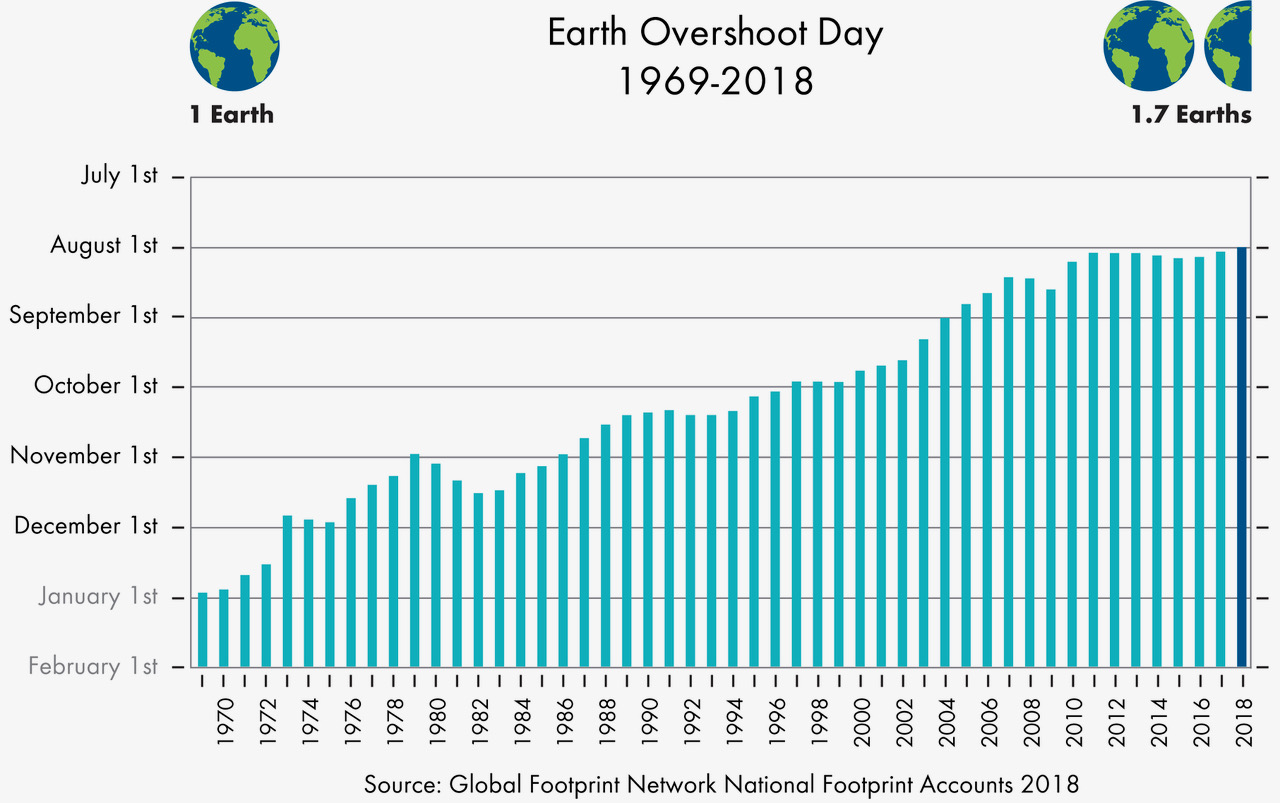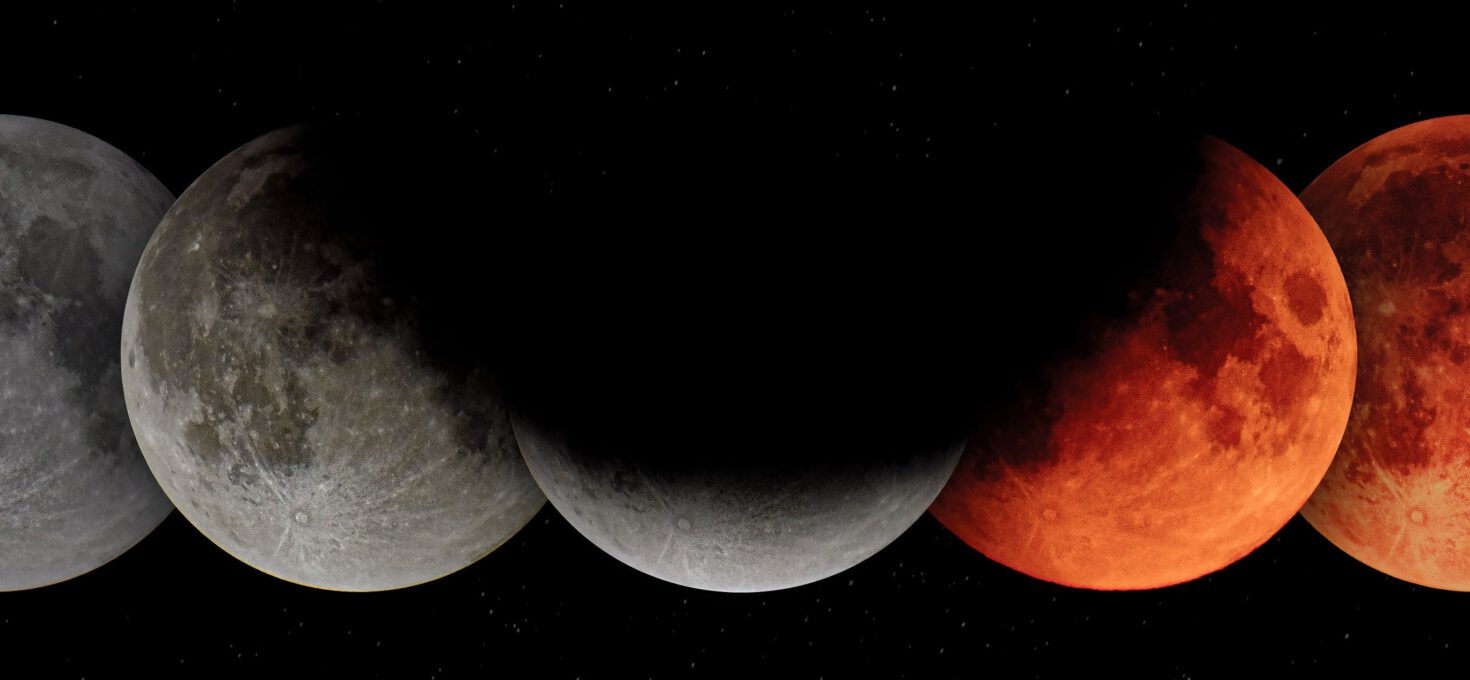This article entry differs from my previous ones. No recipe or concrete eating ideas here. No strong opinion. Not yet anyway. Consider this as the start of a thought process: how can we find sustainable and healthy solutions to feed the world?
Have you watched the movie Interstellar? If so, you might recognize where I am coming from. It’s one of the many reasons I started FrenchFoodPhilosopher. The film depicts an apocalyptic version of Earth in the future: our planet’s ecology is in such dire straits that our species is forced to migrate to outer space.
This hypothetical scenario is similar to Elon Musk’s plan to inhabit Mars. I for one refuse this work on this Plan B.
The film still begs the question: is this a ridiculously far-fetched scenario? Well, bear with me for a couple of facts.
Firstly: do you know how many people live on Earth right now? Don’t guess! Check this out: the World Population Clock on Worldometers.
We are heading towards 10-12 billion earthlings by 2150. And even if it’s expected that our population stabilizes around that number, that’ll be about three to four times more people than when I was born.
Secondly: ever heard of Earth Overshoot Day? This marks the date when humanity’s demand for ecological resources and services in a given year exceeds what Earth can regenerate in that year.
The trend over the past decades does not look good. When I was born we could make do with one planet. Last year, in 2020, Earth Overshoot Day fell on August 22. In other words: we now need more than one and a half Earth to sustain our growth. And at the moment “half the earth’s biocapacity is used to feed us.”
With the population growth mentioned earlier, combined with – good news! – growing welfare for everyone, we will soon need more than two planets. But let’s not despair: results from the past are no guarantee for the future.
Hence my quest to find truly sustainable solutions to keep our planet ‘livable’. The quest needs to go beyond food but as a French Food Philosopher I am mainly interested in healthy eating solutions. Solutions that are ecologically sound and respect biodiversity.
So, what should we start doing or do more? And what should we stop doing or do less?
The Earth Overshoot Day website provides clear and SMART hints that are achievable in the short term:
- Stop eating meat: “If we reduced global meat consumption by 50% and replaced these calories through a vegetarian diet, we would move Overshoot Day 17 days. (Including 10 days from reduction of methane emissions)”
- Hence do more: eat plant-based food!
- Stop wasting food: “If we cut food waste in half worldwide, we would move Overshoot Day 13 days.”
Additional idea for “start doing”: vertical farming. The idea of growing fruits and vegetables indoors and using artificial lighting sounds Interstellar-dystopian. It is, however, a practical solution to produce more greens for a growing population. And it reduces the need to transport foodstuff as you can grow it close to where it’s needed.
What do you think? Shall we #MoveTheDate? Do you agree with my premises and ideas, or do you look at this differently?
